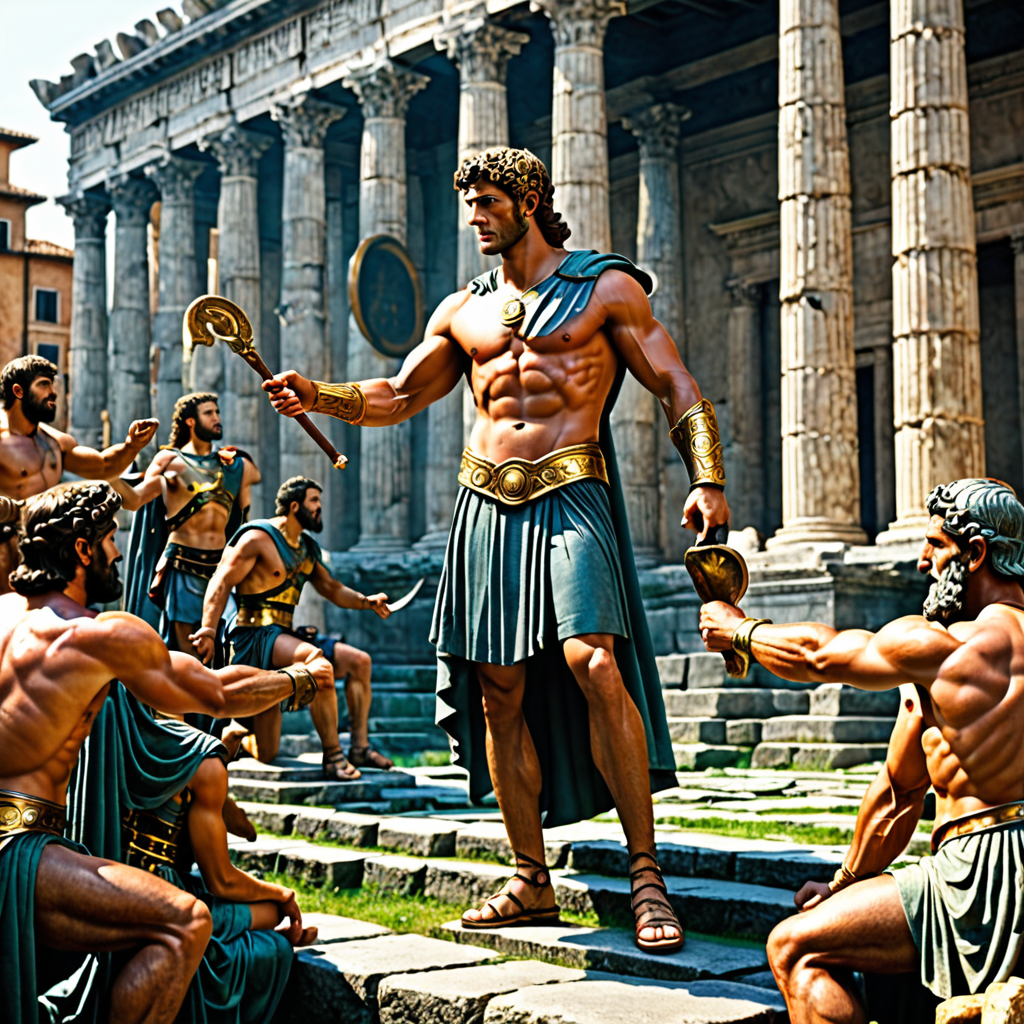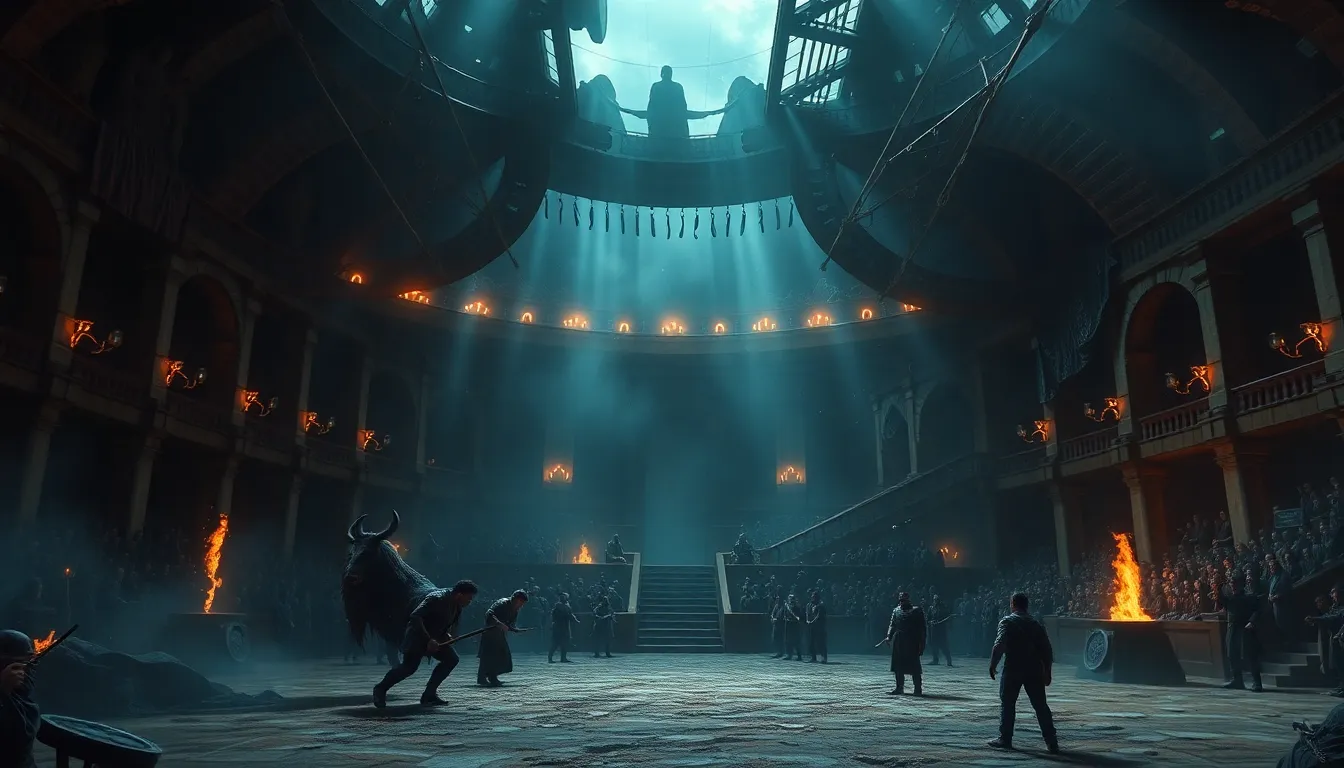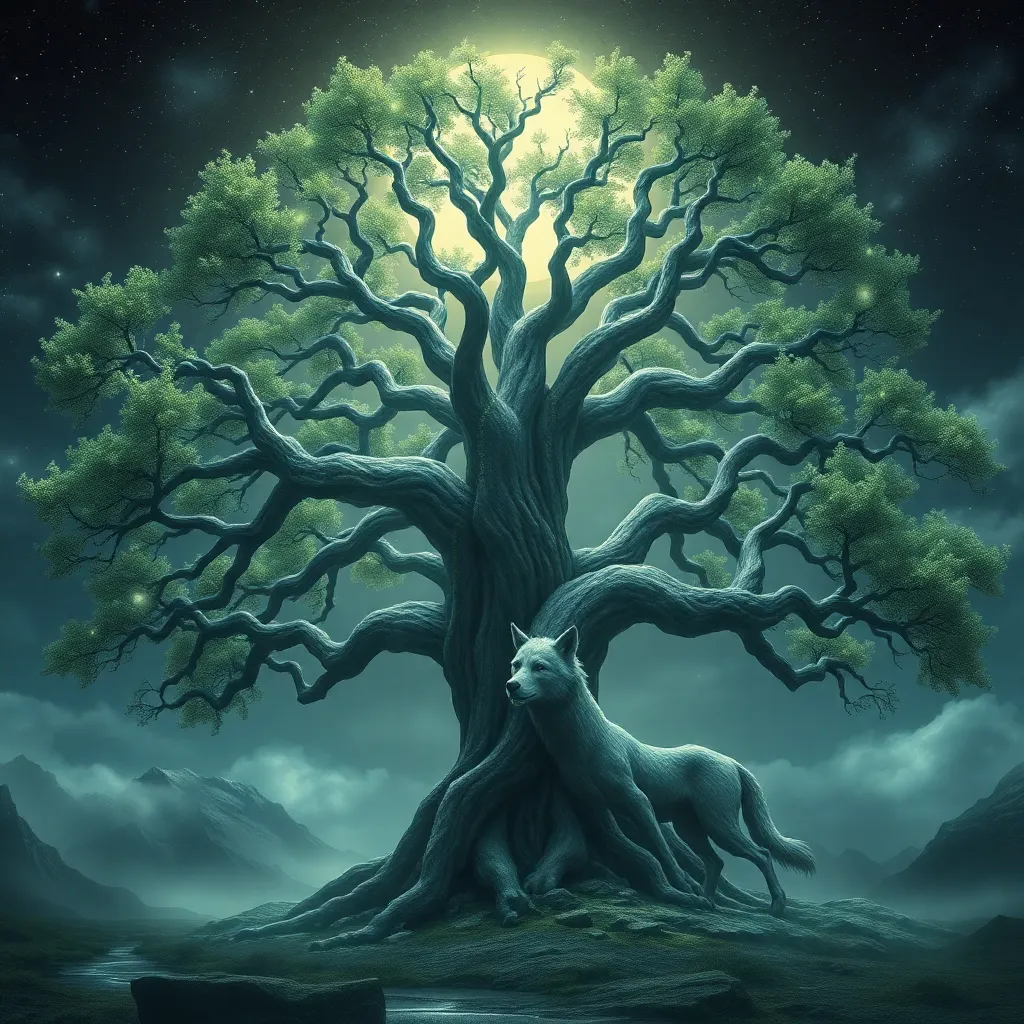The Impact of Roman Mythology on Ancient Roman Society
Roman mythology plays a vital role in understanding the cultural and societal beliefs of ancient Rome. Let’s delve into how these myths shaped various aspects of Roman society.
1. Importance of Roman Gods and Goddesses
Roman mythology was rich with gods and goddesses who personified various aspects of life and nature. These deities were worshipped fervently by the Romans, and their beliefs influenced daily rituals, festivals, and even political decisions. For example, Jupiter, the king of gods, symbolized power and protection, while Venus represented love and beauty. The reverence for these mythological figures provided a moral compass for Roman society and influenced behavior and values.
2. Influence on Art, Literature, and Architecture
Roman mythology found its way into various forms of artistic expressions such as sculptures, paintings, and literature. Myths and legends were depicted in intricate details on frescoes, mosaics, and statues, glorifying the tales of gods and heroes. Additionally, Roman poets like Ovid and Virgil incorporated mythological themes in their works, cementing these stories into the fabric of Roman culture. The architectural marvels of Rome, such as the Pantheon and the Colosseum, also often drew inspiration from mythological narratives.
3. Educational and Moral Significance
Mythological stories were not just entertainment for the Romans; they served as teaching tools that imparted moral lessons and conveyed cultural values. Fables like the story of Romulus and Remus showcased themes of loyalty, perseverance, and the founding of Rome itself. These tales were woven into the education of Roman youth, shaping their understanding of ethics and societal norms.
4. Political and Social Influence
The influence of Roman mythology extended to the political and social realms. Emperors and state officials often used mythological imagery and narratives to legitimize their rule and enhance their authority. For instance, Augustus Caesar claimed descent from Venus, linking himself to divine origins and solidifying his position as a powerful leader. Mythological symbols were also prevalent in public spaces, serving as a unifying force for the diverse Roman population.
What is the significance of Roman Mythology in Roman Society?
Roman mythology played a crucial role in shaping various aspects of Roman society. It provided a foundation for religious practices, influenced art and literature, guided moral values, and even impacted political decisions.
How did Roman Mythology influence religious practices in Ancient Rome?
Ancient Romans believed in a pantheon of gods and goddesses, with each deity representing different aspects of life. Roman mythology dictated religious rituals, festivals, and ceremonies, fostering a sense of community and shared identity among the people.
How did Roman Mythology affect art and literature in Roman society?
Roman artists and writers drew inspiration from mythological stories and characters, incorporating them into their works. Mythological themes were prevalent in mosaics, sculptures, paintings, and epic poems, reflecting the cultural values and beliefs of the society.



